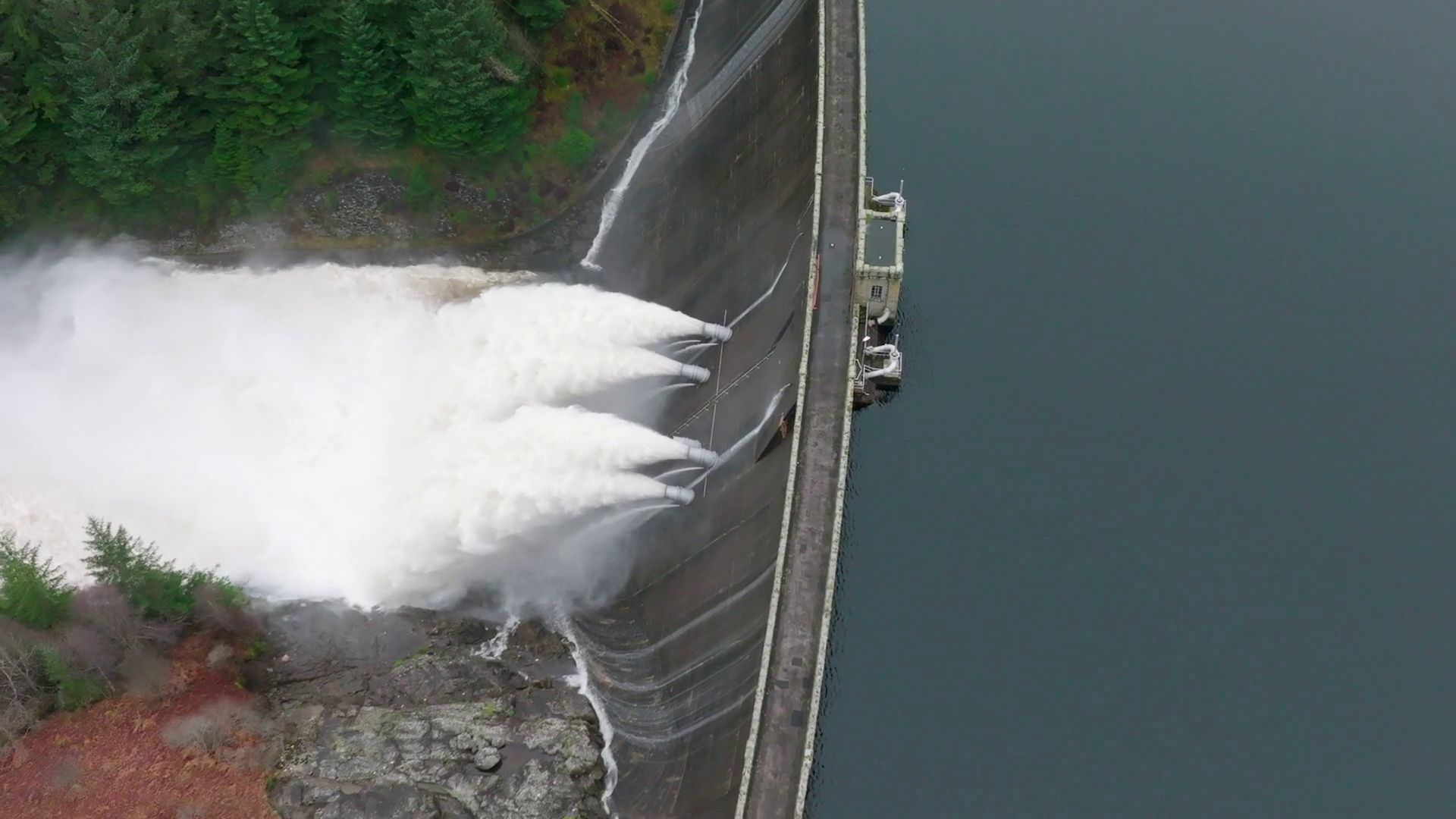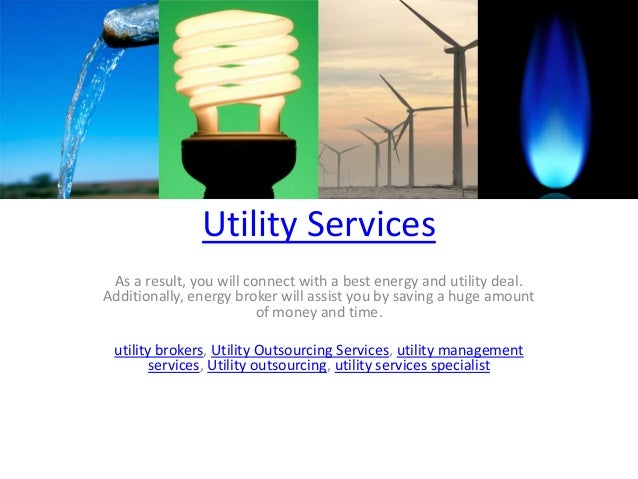A hydro outage, a disruption in the supply of electricity generated by hydropower, can be a jarring and potentially dangerous experience in the United States, a nation deeply reliant on a constant power flow. Whether caused by infrastructure failure, natural disasters, or even intentional attacks, understanding how to survive a hydro outage is crucial for every American household. Preparedness, resourcefulness, and a calm demeanor are your greatest assets when the lights go out and the power grid falters.
Understanding the Threat: Causes and Consequences of Hydro Outages

Hydro outages aren't always predictable, and their impact can range from minor inconveniences to full-blown emergencies. Understanding the common causes allows for better preparedness.
Several factors can contribute to a hydro outage. Aging infrastructure is a major concern, particularly in the Northeast and Midwest, where many power plants and transmission lines are decades old and susceptible to failure. Natural disasters, such as hurricanes, floods, and ice storms, can overwhelm hydroelectric facilities and damage power lines, causing widespread outages. Cybersecurity threats are also a growing concern, as malicious actors could potentially disrupt the power grid through targeted attacks on critical infrastructure. Finally, even increased demand during peak hours can sometimes strain the system, leading to localized outages. The consequences of a hydro outage extend beyond the inconvenience of not being able to watch television or use appliances. Essential services like hospitals, water treatment plants, and emergency services rely on a stable power supply. Extended outages can disrupt communication networks, impacting cell phone service and internet access. Food spoilage is a significant concern, especially during warmer months, as refrigerators and freezers lose their effectiveness. Furthermore, lack of heating or cooling can pose a health risk, particularly for vulnerable populations like the elderly and those with chronic illnesses.
Preparing Your Home: Building a Hydro Outage Survival Kit

Proactive preparation is the first and most important step in surviving a hydro outage. Assembling a comprehensive survival kit ensures you have the necessary resources to weather the storm.
Your survival kit should include:
-
Water: Store at least one gallon of water per person per day for drinking and sanitation. A three-day supply is recommended.
- Consider storing water in sealed containers and having a water purification method, such as purification tablets or a portable water filter, as a backup. This is particularly important if you rely on well water, which requires electricity to pump.
-
Food: Stock up on non-perishable food items that require no cooking or refrigeration, such as canned goods, energy bars, dried fruit, and nuts.
- Include a manual can opener and ensure you have enough food to last for at least three days. Consider dietary restrictions and allergies when selecting food items.
-
Light and Communication: Invest in flashlights, battery-powered lanterns, and a hand-crank or battery-powered radio. Extra batteries are essential.
- A NOAA weather radio can provide vital information about the outage and any related weather warnings. Consider a portable power bank to charge cell phones, but remember that cell service may be unreliable during an outage.
-
First Aid: A well-stocked first aid kit is crucial for treating minor injuries and illnesses.
- Include essential medications, bandages, antiseptic wipes, pain relievers, and any personal medical supplies. Ensure everyone in the household knows where the first aid kit is located and how to use it.
-
Warmth and Comfort: Blankets, sleeping bags, and warm clothing are essential for staying comfortable during a winter outage.
- Consider a portable propane or kerosene heater for supplemental heating, but be sure to use it in a well-ventilated area to prevent carbon monoxide poisoning.
-
Cash: Keep a supply of cash on hand, as credit card processing may be unavailable during an outage.
- Small bills and coins are useful for vending machines or smaller transactions.
-
Other Essentials: Include items like a whistle, dust mask, plastic sheeting, duct tape, moist towelettes, garbage bags, and a wrench or pliers for turning off utilities.
- Copies of important documents, such as insurance policies and identification, should also be kept in a waterproof container.
Staying Safe During the Outage: Essential Precautions and Actions

During a hydro outage, your safety and well-being are paramount. Taking the right precautions can minimize risks and ensure a smoother experience.
-
Conserve Power: Turn off all unnecessary lights and appliances to prevent a surge when power is restored.
- Unplug sensitive electronics to protect them from potential damage. Leave one light on to signal when power is back.
-
Food Safety: Keep refrigerator and freezer doors closed as much as possible. Food can stay safe in a refrigerator for about four hours and in a full freezer for about 48 hours.
- Discard any perishable food that has been above 40°F (4°C) for more than two hours. When in doubt, throw it out.
-
Heating and Cooling: If using alternative heating methods, ensure proper ventilation to prevent carbon monoxide poisoning. Never use charcoal grills or propane stoves indoors.
- In summer, stay cool by seeking shelter in air-conditioned public places or using fans and cool cloths. Drink plenty of fluids to avoid dehydration.
-
Water Safety: If you rely on well water, conserve water and have a backup supply for drinking and sanitation.
- Boil water for at least one minute before drinking if you suspect contamination.
-
Communication: Use your cell phone sparingly to conserve battery. Check on neighbors, especially the elderly or those with disabilities.
- Stay informed about the outage through a battery-powered radio or by checking local news outlets online when possible.
-
Generator Safety: If using a generator, operate it outdoors in a well-ventilated area and away from windows and doors.
- Never connect a generator directly to your home's electrical system without a transfer switch, as this can create a dangerous backfeed that could injure utility workers.
-
Fire Safety: Be extra cautious when using candles for light. Never leave them unattended and keep them away from flammable materials.
- Ensure you have working smoke detectors and carbon monoxide detectors.
Coping with Extended Outages: Long-Term Strategies and Community Support

Extended hydro outages can present significant challenges. Developing long-term strategies and leveraging community support can help you cope effectively.
-
Community Resources: Identify local resources, such as community centers, shelters, and cooling centers, that may provide assistance during an extended outage.
- Familiarize yourself with your local emergency management agency's plans and procedures.
-
Neighborly Assistance: Check on your neighbors, especially those who may be vulnerable or isolated. Offer assistance if you can.
- Sharing resources and working together can strengthen community resilience during challenging times.
-
Alternative Energy Sources: Consider investing in renewable energy sources, such as solar panels or wind turbines, to reduce your reliance on the power grid.
- Even a small solar generator can provide backup power for essential devices.
-
Energy Efficiency: Take steps to improve your home's energy efficiency to reduce your overall energy consumption and minimize the impact of outages.
- Insulate your walls and attic, seal air leaks around windows and doors, and use energy-efficient appliances.
-
Emergency Planning: Develop a comprehensive emergency plan that addresses various scenarios, including hydro outages, natural disasters, and other emergencies.
- Practice your plan regularly with your family and update it as needed.
-
Stay Informed: Monitor local news and weather reports for updates on the outage and any potential hazards.
- Follow official instructions and guidelines from emergency management agencies.
Recovering After the Outage: Restoring Normalcy and Preventing Future Problems

Once power is restored, it's important to take steps to ensure a safe and smooth return to normalcy and to prevent future problems.
-
Power Surge Protection: Before turning on all your appliances, check for any signs of damage. Turn on appliances gradually to avoid overloading the system.
- Consider using surge protectors to protect sensitive electronics from power surges.
-
Food Safety: Check the temperature of food in your refrigerator and freezer. Discard any perishable food that has been above 40°F (4°C) for more than two hours.
- If you're unsure about the safety of any food, it's best to throw it out.
-
Water Safety: If you experienced a disruption in your water supply, flush your pipes by running water for several minutes.
- Boil water for at least one minute before drinking if you suspect contamination.
-
Reporting Outages: Report the outage to your utility company if you haven't already done so.
- Provide any information about the outage that you observed, such as downed power lines or damaged equipment.
-
Review and Improve: After the outage, review your emergency plan and identify areas for improvement.
- Replenish your survival kit and update any outdated information.
-
Advocate for Infrastructure Improvements: Contact your elected officials to advocate for investments in grid modernization and infrastructure improvements to reduce the risk of future outages.
- Supporting policies that promote energy efficiency and renewable energy can also help to enhance grid resilience.
Surviving a hydro outage requires a combination of preparation, knowledge, and resourcefulness. By taking the necessary steps to prepare your home, stay safe during the outage, and recover effectively afterward, you can minimize the impact of these events and ensure the well-being of yourself and your family. Proactive planning and community support are crucial for navigating the challenges of a power outage and building a more resilient future.


No comments:
Post a Comment